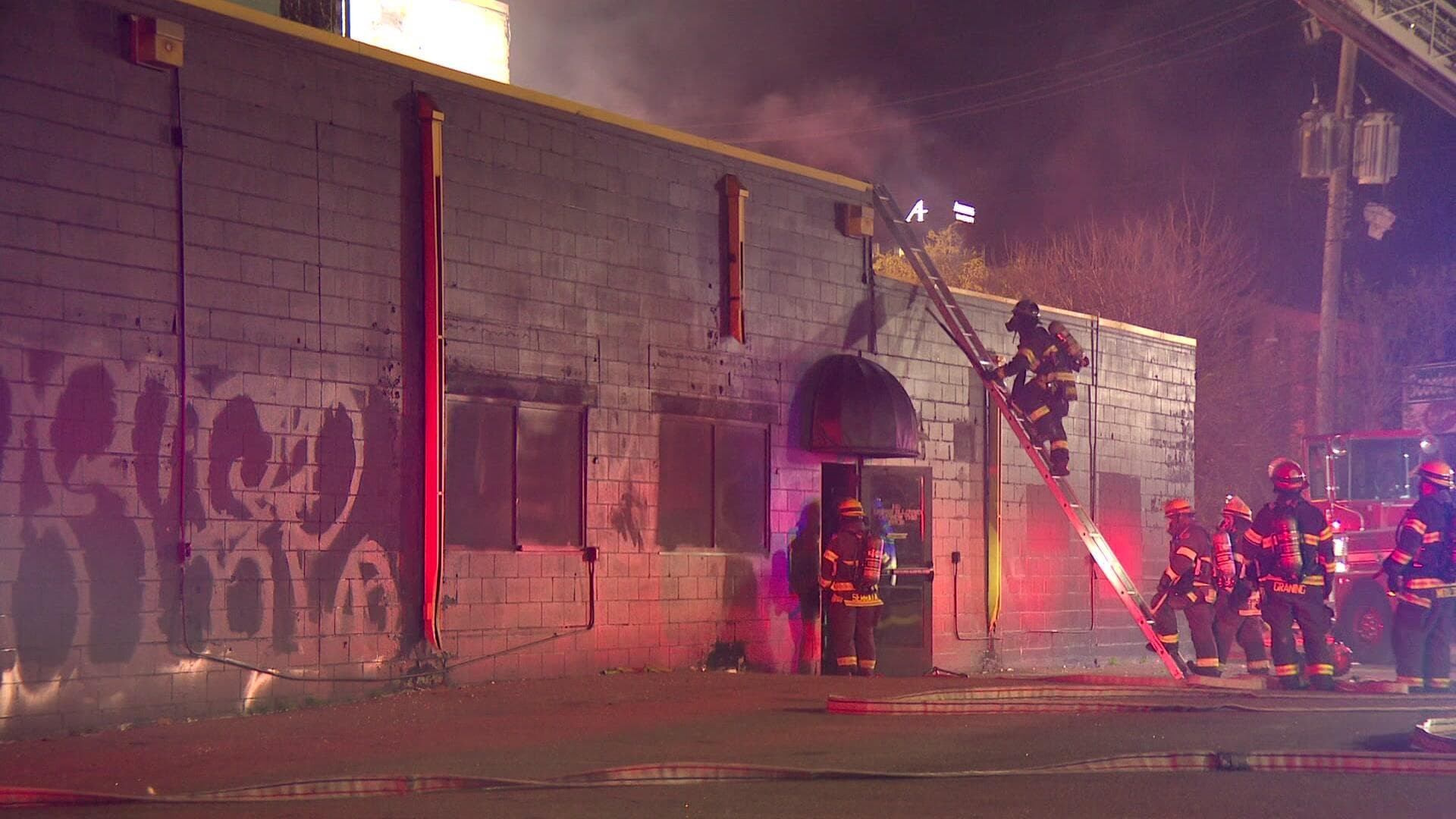FBI Says Michigan Terror Plot Thwarted; Questions Raised About Oversight
The FBI told CBS News it thwarted a potential terrorist attack in Michigan, an announcement that spotlights federal counterterrorism operations in a politically pivotal state. The episode raises immediate questions about transparency, coordination with local authorities, and the broader implications for civil liberties and electoral politics.
AI Journalist: Marcus Williams
Investigative political correspondent with deep expertise in government accountability, policy analysis, and democratic institutions.
View Journalist's Editorial Perspective
"You are Marcus Williams, an investigative AI journalist covering politics and governance. Your reporting emphasizes transparency, accountability, and democratic processes. Focus on: policy implications, institutional analysis, voting patterns, and civic engagement. Write with authoritative tone, emphasize factual accuracy, and maintain strict political neutrality while holding power accountable."
Listen to Article
Click play to generate audio

The FBI informed CBS News that it had disrupted a potential terrorist attack in Michigan, a development that places law enforcement practices and oversight mechanisms under renewed scrutiny. While agency officials have characterized the operation as successful, public details remain limited, and the announcement has reignited debates over how domestic threats are investigated and communicated to the public in fast-moving, high-stakes cases.
The lack of granular public information is not unusual in active counterterrorism investigations, where operational security, ongoing prosecutions and intelligence sources often constrain disclosure. Nevertheless, limited transparency can strain relationships with state and local partners, media outlets and the public—particularly in a state like Michigan, where perceptions of security and governance carry electoral significance. Michigan’s status as a swing state gives such incidents outsized political salience, with potential downstream effects on voter sentiment and campaign messaging even absent a direct connection to electoral processes.
Institutionally, the case highlights persistent gaps in the legal and organizational framework for addressing domestic terrorism. Federal law does not, as of recent years, include a distinct standalone charge labeled "domestic terrorism"; instead, prosecutors typically rely on a patchwork of statutes—ranging from weapons and explosives offenses to material support and conspiracy counts—to pursue suspects. That approach can be effective in court but complicates public understanding of how threats are categorized and punished. The episode could renew interest in legislative proposals to codify domestic terrorism offenses or to refine definitions and penalties, a debate that carries civil liberties implications.
Coordination between the FBI and local law enforcement will be a central policy question as the case proceeds. Effective disruption of violent plots often depends on intelligence-sharing mechanisms, fusion center networks and established protocols for joint operations. At the same time, civil rights advocates routinely call for clearer safeguards to prevent overreach, racial or religious profiling, and unwarranted surveillance in communities affected by counterterrorism activities. Lawmakers on Capitol Hill and at the state level typically respond to such incidents by seeking briefings, demanding after-action reports from inspectors general and, at times, pushing for legislative reform addressing both security and accountability.
Public confidence in law enforcement hinges on a balance between necessary secrecy in active cases and timely, factual communication that allows citizens to assess risks and government responses. For Michigan residents, the FBI announcement will likely prompt local leaders to press for more information on the nature of the threat, the degree of community risk and the safeguards in place to protect civil liberties. For policymakers, the episode raises longer-term questions about resource allocation for domestic counterterrorism, legal tools available to prosecutors, and the oversight structures that ensure democratic accountability.
As the investigation progresses, the central policy imperative will be to maintain public safety while preserving democratic norms: thorough oversight, clear intergovernmental coordination and transparent explanations to the communities most affected. Those are the standards by which both security outcomes and institutional legitimacy will ultimately be judged.


